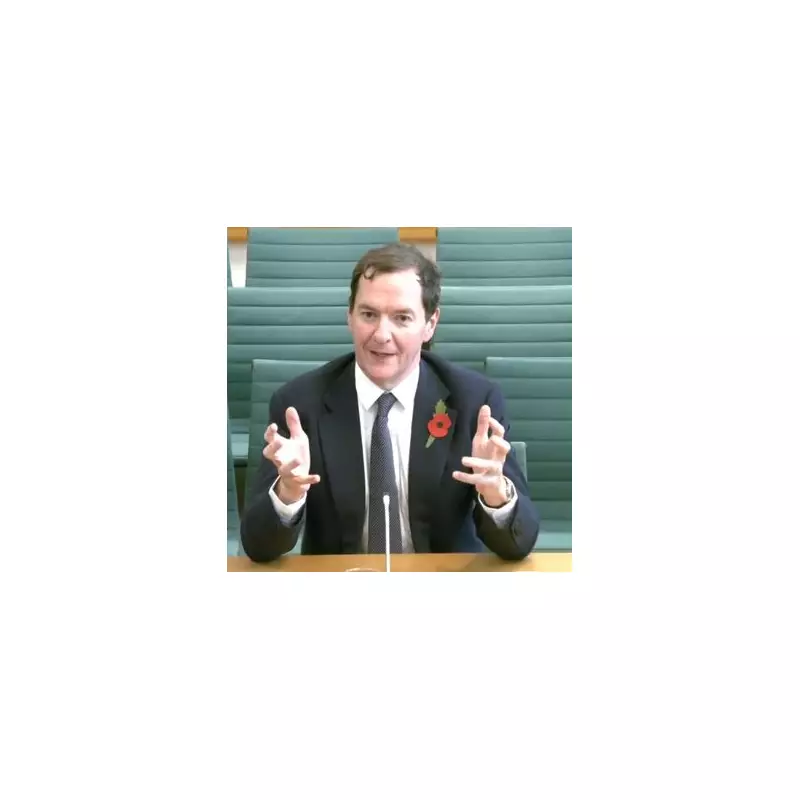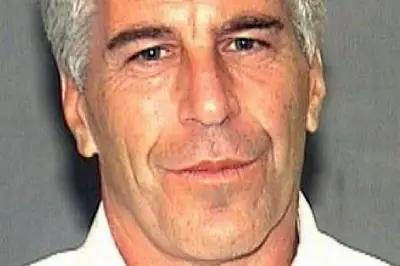
Former Chancellor George Osborne finds himself at the centre of a political firestorm after accepting a staggering £1.3 million per year position with a prominent hedge fund while continuing to serve as a Member of Parliament.
Lucrative Role Sparks Public Outrage
The revelation has triggered widespread condemnation from across the political spectrum, with critics labelling the move "disgusting" and questioning its appropriateness during a severe cost of living crisis affecting millions of Britons.
Osborne, who served as Chancellor from 2010 to 2016, will reportedly earn approximately £6,500 per hour for his advisory role at hedge fund firm Nine Entertainment - a stark contrast to his £86,584 MP salary.
Timing Couldn't Be Worse
The announcement comes at a particularly sensitive time, with many households struggling to make ends meet amid soaring energy bills, rising food costs, and economic uncertainty. The substantial earnings gap between the former Chancellor's new role and average UK wages has become a focal point for criticism.
One political commentator noted: "While ordinary families are choosing between heating and eating, seeing a senior politician pocket millions from the financial sector feels like a slap in the face to those he's supposed to represent."
Defenders Cite Common Practice
Supporters of Osborne point to the long-standing tradition of MPs holding outside roles and argue that his financial expertise makes him particularly valuable to the hedge fund industry. They maintain that as long as all appointments are properly declared, there should be no issue with parliamentarians maintaining private sector positions.
However, transparency campaigners argue that such high-paying roles in industries that MPs might potentially legislate on create clear conflicts of interest that undermine public trust in the political system.
Broader Questions About MP Conduct
The controversy has reignited the debate about second jobs for MPs and whether stricter rules are needed to prevent potential conflicts of interest. With public confidence in politicians already fragile, cases like Osborne's risk further eroding trust in the political establishment.
As the cost of living crisis deepens, the optics of multi-million pound hedge fund appointments for sitting MPs are likely to remain politically toxic for the foreseeable future.





